In Ango Sakaguchi’s Furenzoku Satsujin Jiken (part 92), besides the number of murders, one other shocking “incident” was the unforgettable sentence uttered by a maid in the story. This was the “Young Miss Puked” incident.
Ayaka held the crying Tamao and led her away. When she returned some time later, the maid came in after her. “Ma’am, the Young Miss puked. She says she’s in pain and asked for Mr. Ebizuka.” Ebizuka raised his head angrily. “Nonsense! She doesn’t need a doctor to take care of her. She’s just drunk. Does she think she’s a queen? Go away.” He glared menacingly.
[Sakaguchi Ango Furenzoku Satsujin Jiken, 1947–48]
Hmm. Is it ever ok to say the words “Young Miss” together with “puked?” If, like verbal characters (part 56), expression characters too normally appear in a consistent form, the words following “the Young Miss” should have been “is feeling unwell.” Even if she had decided to explain the real facts of the matter, she would be more likely to say “the Young Miss was sick” and not “puked.” Conversely, if she absolutely had to use “puked,” wouldn’t it have been more natural to avoid using the expression “Young Miss,” which so particularly evoked “class,” rather say “Tamao,” or “she.”
There are still more examples of unnatural passages in authoritative famous quotes. In Tsuboi Sakae’s(1) Nijuushi no Hitomi(2) (1952), three children’s Mother, who is the young heroin of the story, says komarimasu na (this is a problem!). -Masu na?! Even worse, she is described as “sneering,” even though she’s the heroin. Is it acceptable to say the good guy “sneers?”
Lamenting together over the merchandise, the old man nodded his head in agreement. “There’s plenty in dark markets,” he said.
Then he laughed. His mouth, apparently lacking back teeth, looked pitch black inside. The woman averted her eyes, saying “Today we have to buy everything at dark markets. If I cannot help buying my schoolbag at dark market,… that’s a problem (komarimasu na).”
“I guess you can have anything, as long as you have some money. Somewhere there is sweet zenzai and yookan(3) piled up like a mountain.”
While saying this, some actual drool spilled out of the toothless man’s mouth. Wiping his mouth with the palm of his hand embarrassedly, he pointed with his chin. “Let’s wait over there miss. At least a spot in the sun is free.”
He quickly crossed to the boarding area on the other side of the street. Sneering (niyari to shinagara) despite herself at being called “miss,” the woman followed.[Tsuboi Sakae Nijuushi no Hitomi 1952]
I’ll say it again. As long as I deal with passages in authoritative famous quotes, I find myself having to recognize such unnatural examples in the data. So, do we have any hope of understanding the relationship between the Japanese language and characters?
(To be continued.)
* * *


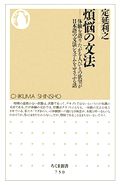
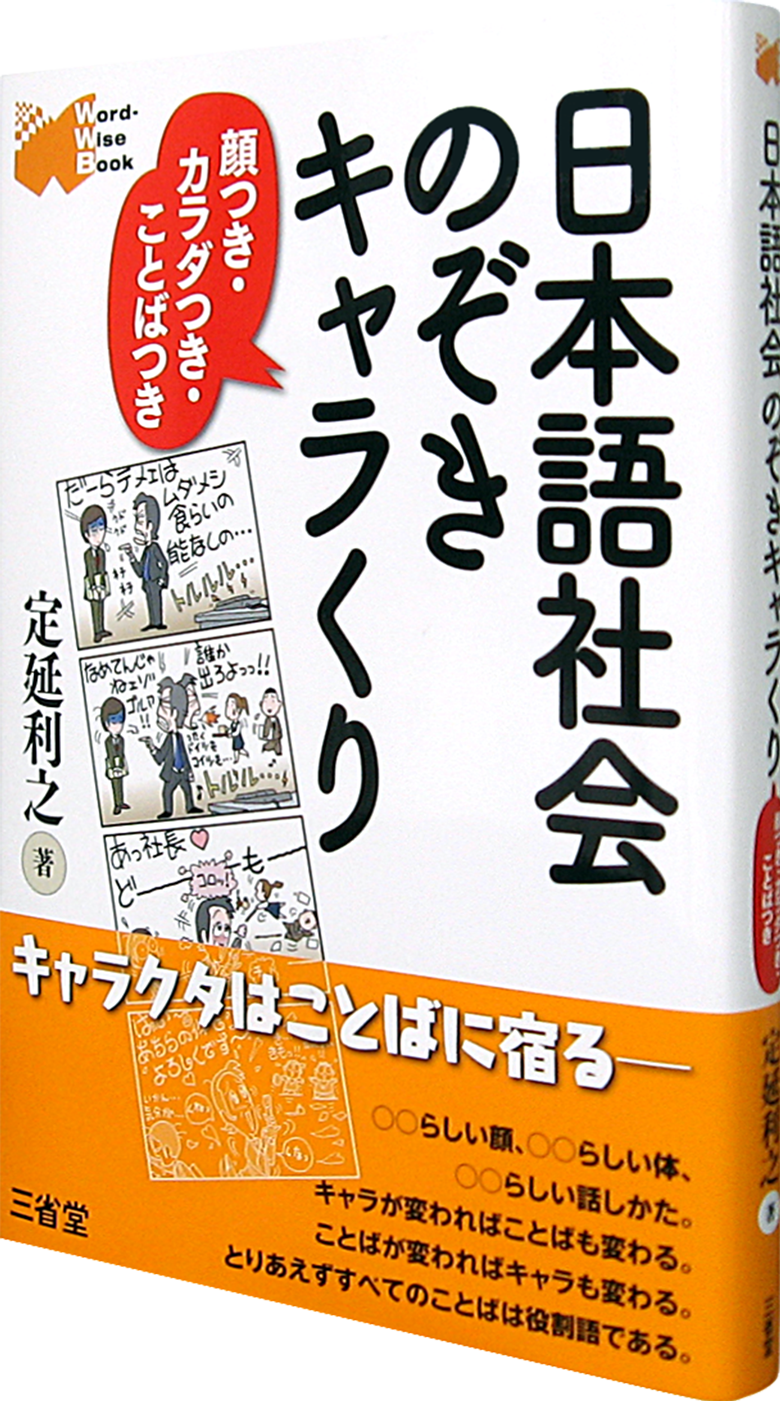
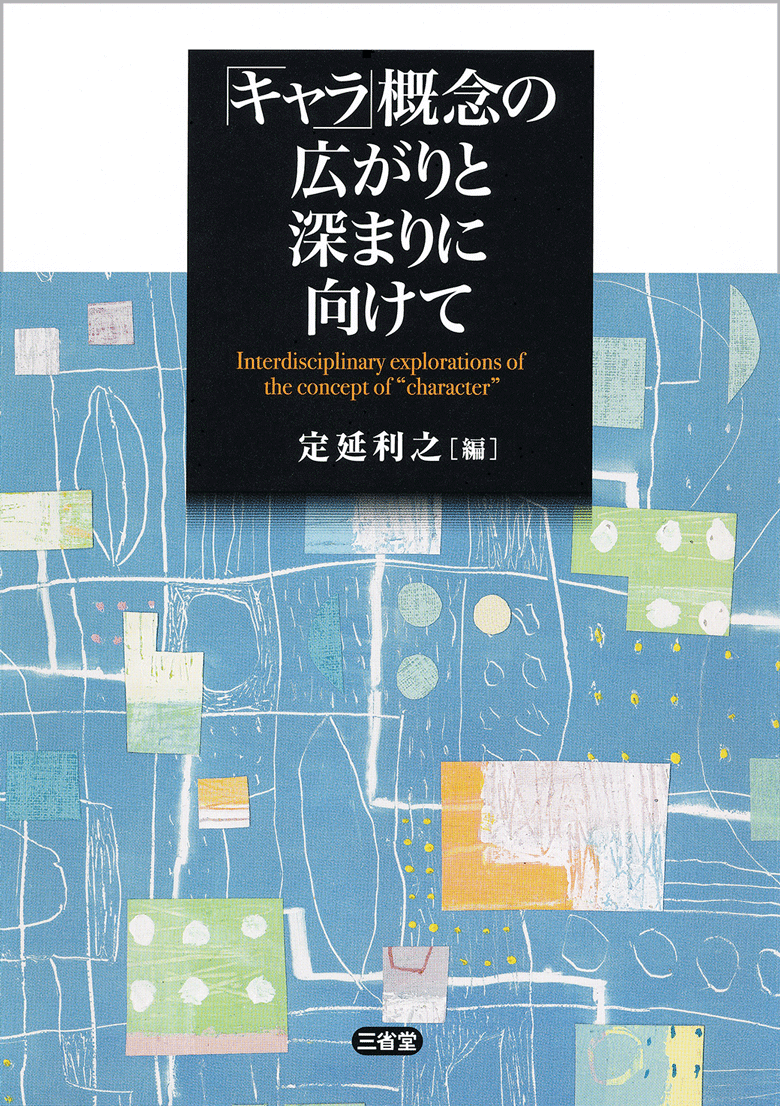
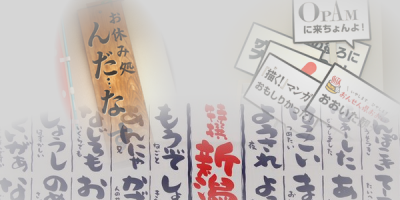
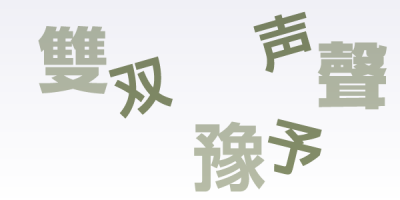
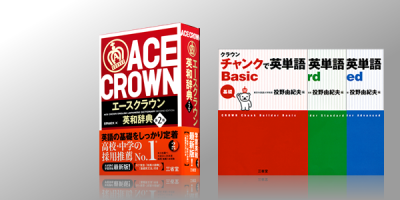
(1) 1899–1967 Japanese Novelist and poet.
(2) English title: Twenty-Four Eyes.
(3) Zenzai means a sweet soup made of red beans. Yookan means a sweetened bean jelly.